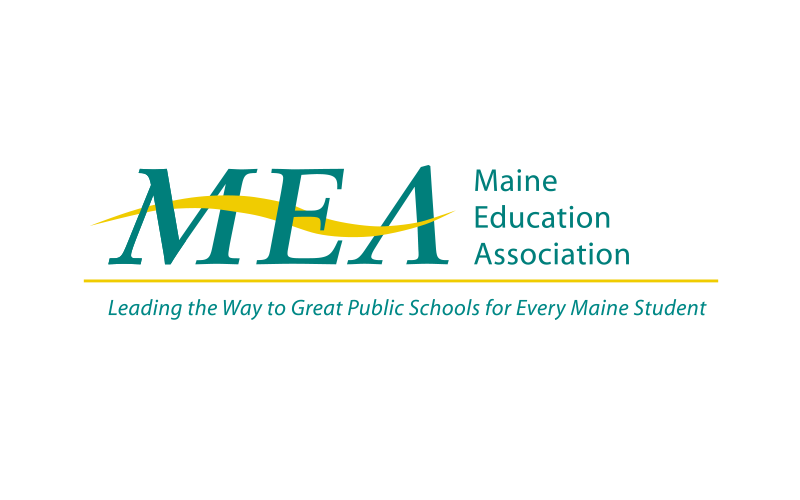A school-year employee is generally prohibited by law from collecting unemployment insurance during the summer months when a contract or reasonable assurance of continued employment with the school district or university exists for the next school year.
However, many school-year employees normally work summer jobs and that summer work is being impacted by COVID-19 this year. For these employees there is the potential to qualify for unemployment insurance for COVID-19 related lost earnings. The summer job can be with the same employer a school-year employee works for during the school year or another employer.
School-year employees should be eligible for unemployment insurance for any week during the summer
provided the following criteria is met:
- The school-year employee normally works a summer job; and
- The school-year employee is unable or unavailable to work the summer job due to a COVID-19 related reason; and
- The school-year employee must receive less than $450 in a week in earnings from all other employment, including school-year earnings paid during the summer, to be eligible to receive unemployment insurance for that week. Eligibility is determined on a weekly basis.
Qualifying school-year employees are covered under the federal Pandemic Unemployment Assistance
(PUA) program that was part of the recently passed CARES Act. This federal program covers employees
not normally eligible for state unemployment benefits. The PUA program is federally funded. The PUA
weekly benefit is a minimum of $172 and a maximum of $445. In addition, the PUA benefit recipient will
also receive an additional $600 weekly in Federal Pandemic Unemployment Compensation (FPUC). The
FPUC payment is set to expire at the end of July but could be extended by future federal legislation.
It is important to note, a school-year employee who does not normally work during the summer is not
eligible for PUA unemployment insurance as they are not unemployed due to COVID-19.
For PUA eligibility, unable or unavailable to work due to COVID-19 related reasons means:
- The individual has been diagnosed with COVID-19 or is experiencing symptoms of COVID-19 and is seeking a medical diagnosis;
- A member of the individual’s household has been diagnosed with COVID-19;
- The individual is providing care for a family member or a member of the individual’s household who has been diagnosed with COVID-19;
- A child or other person in the household for which the individual has primary caregiving responsibility is unable to attend school or another facility that is closed as a direct result of the COVID-19 public health emergency and such school or facility care is required for the individual to work;
- The individual is unable to reach the place of employment because of a quarantine imposed as a direct result of the COVID-19 public health emergency;
- The individual is unable to reach the place of employment because the individual has been advised by a health care provider to self-quarantine due to concerns related to COVID-19;
- The individual was scheduled to commence employment and does not have a job or is unable to reach the job as a direct result of the COVID-19 public health emergency;
- The individual has become the breadwinner or major support for a household because the head of the household has died as a direct result of COVID-19;
- The individual has to quit his or her job as a direct result of COVID-19; or
- The individual’s place of employment is closed as a direct result of the COVID-19 public health emergency.
Please see MEA’s Unemployment Information Sheet for further unemployment insurance information and how to apply.
For questions or help with unemployment issues, contact the Maine Education Association at [email protected] or 207-622-4418 (select Option 3).




